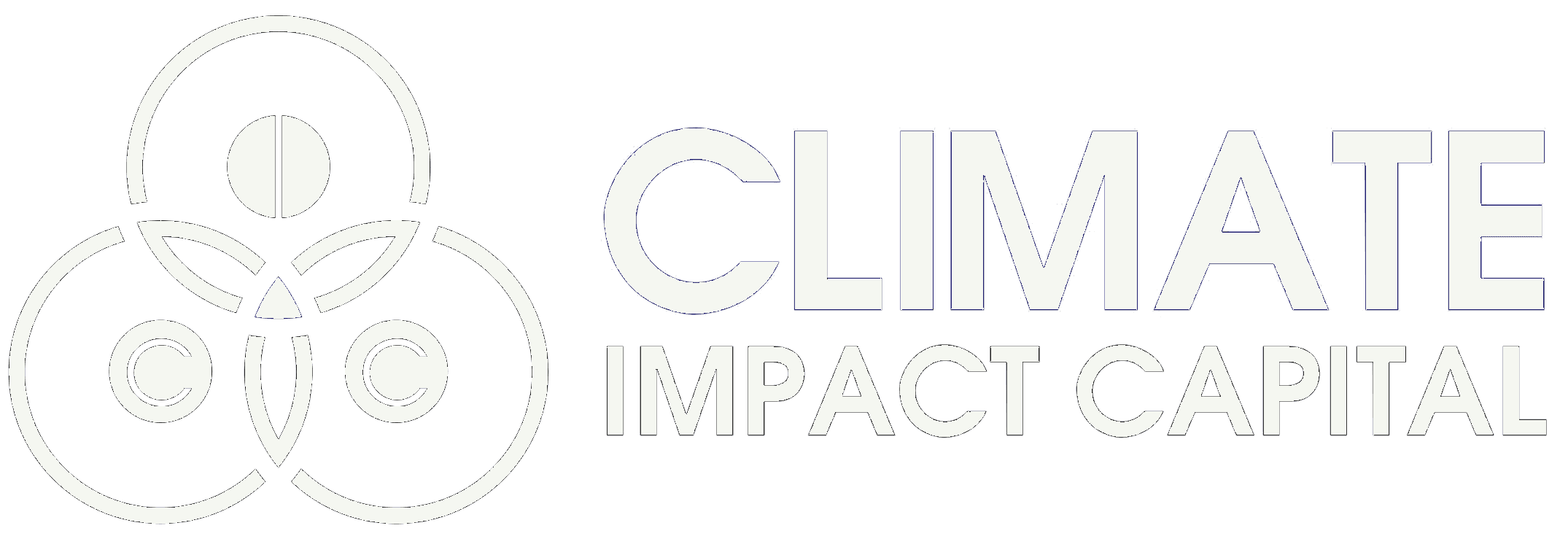A question on climate change segued into a surprisingly long volley about clean energy and the environment during a combative first presidential debate hosted in Cleveland, Ohio on Tuesday evening.
Nearly an hour into the debate, Fox News’ Chris Wallace asked President Trump what he “believes” about the science behind climate change and what the president would do in a potential second term to confront the issue.
The president’s climate-change denial is well documented. Trump’s response, wherein he proclaimed he wants “crystal-clean water and air,” contained numerous inaccuracies, as fact-checked by the New York Times. But Wallace’s questioning on why Trump has moved to roll back Obama-era climate policies such as the Clean Power Plan and lessen the stringency of fuel-economy standards for cars bled into a conversation on Biden’s $2 trillion clean energy plan.
At numerous points in the debate, the former vice president pointed to his work on the American Recovery and Reinvestment Act, which provided funding for renewable energy when passed in 2009, as an indication of how he would confront the current recession. During Tuesday’s exchange on climate and clean energy, Biden highlighted portions of his 2020 plan, such as incentives for weatherizing buildings, electrifying the federal fleet and encouraging employment in renewable energy.
“We can get to net-zero in terms of energy production by 2035. Not only [not] costing people jobs, [but] creating jobs,” Biden said.
Trump sought to highlight Biden’s support for the Green New Deal, a broad vision the Democrat has stopped short of fully endorsing, though he has called it a “crucial framework” while incorporating some progressive climate policies into his own plan.* Biden’s running mate, Senator Kamala Harris, co-sponsored the Green New Deal resolution in the Senate. On Tuesday, Biden tried to redirect attention to his own clean energy plan, even while arguing the Green New Deal “will pay for itself.” The exchange may discourage progressives but is unlikely to deter environmentally focused voters.
“I support the Biden plan, which is different than what he calls the ‘radical Green New Deal,’” said Biden.
Though the exchange on climate and energy — like much of the debate — was a bit muddled, it again highlighted Trump’s climate denial while underscoring the plans the Biden campaign has drafted to transition the electricity sector to rely on renewables.
The back-and-forth was noteworthy for its duration alone. All told, the two presidential candidates spent more than 10 minutes discussing the environment, climate change and clean energy. In 2016, Trump and Hillary Clinton discussed climate change and the environment for less than a collective 6 minutes in all three debates.
An NPR/PBS NewsHour/Marist poll of likely voters released in September showed climate change ranking as the most important issue for Democrats and behind just the economy and the coronavirus pandemic for likely voters overall. Trump and Biden are scheduled to participate in two more debates in October.
*Biden’s position on he Green New Deal has been clarified.

